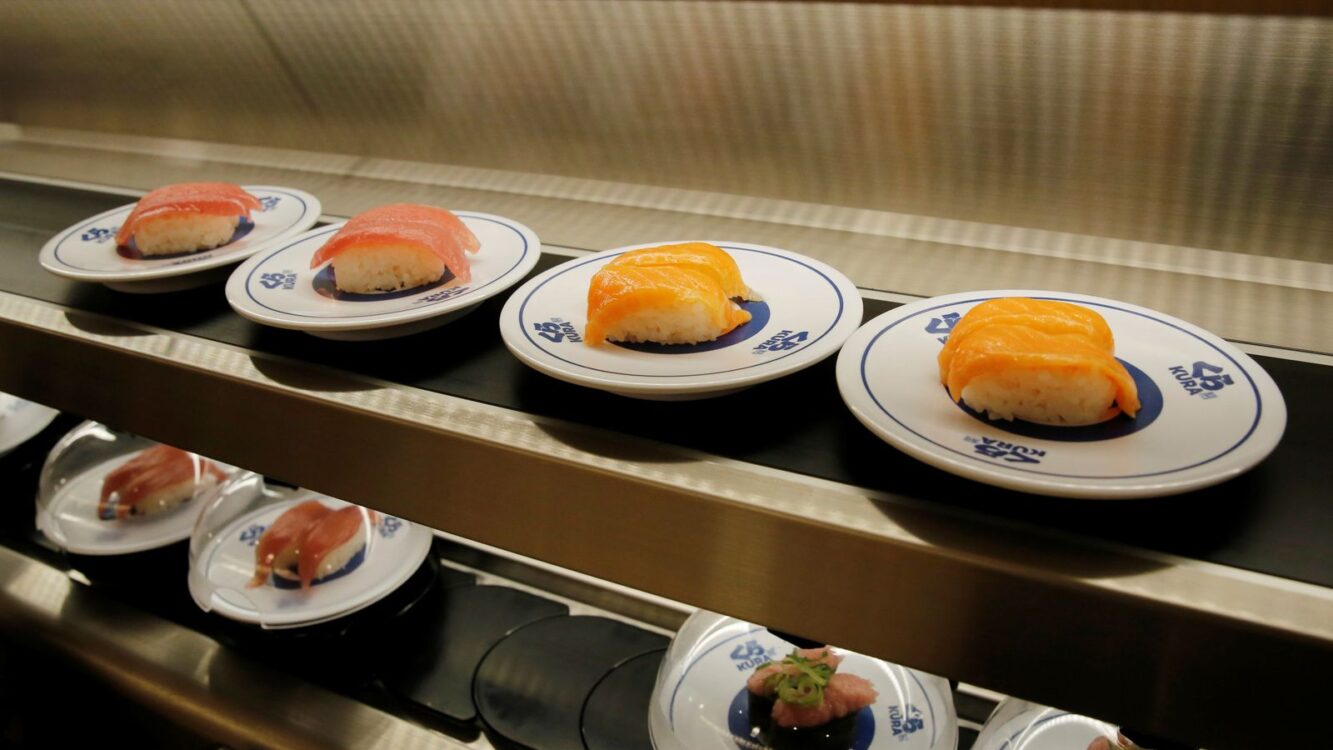The restaurant industry in Japan has been shaken by a series of incidents involving the tampering of sushi and other dishes. These acts of sushi terrorism have led to the arrests of several individuals and have caused widespread concern among consumers and restaurant owners. In this article, we will explore the events that led up to these incidents, the impact they have had on the restaurant industry, and the measures being taken to prevent similar incidents from occurring in the future.
The Rise of Sushi Terrorism
In recent months, there has been a surge in reports of food tampering in Japan, particularly involving sushi. In one incident, a customer at a sushi restaurant in Osaka found a small piece of metal in their food. In another, a restaurant in Yokohama received a threatening letter warning that their sushi would be poisoned. These incidents have been dubbed “sushi terrorism” by the media and have caused widespread alarm among restaurant owners and consumers alike.
The Impact on the Restaurant Industry
The incidents have had a significant impact on the restaurant industry in Japan. Many restaurants have seen a decline in business as customers become increasingly wary of eating sushi and other dishes. Some restaurants have even been forced to close down as a result of the negative publicity. The incidents have also led to a loss of trust between customers and restaurant owners, with many people feeling that the industry is not doing enough to ensure the safety of their food.
The Response from Authorities
In response to the incidents, Japanese authorities have taken a number of steps to prevent further cases of sushi terrorism. The police have launched an investigation into the incidents and have made several arrests. The government has also introduced new regulations requiring restaurants to take extra precautions to ensure the safety of their food. These include measures such as increased inspections, stricter sanitation standards, and the installation of surveillance cameras in kitchen areas.
The Role of Technology
Technology has also played a role in the response to sushi terrorism. Many restaurants are now using blockchain technology to track the origin and handling of their ingredients, ensuring that they are safe and free from contamination. This has helped to rebuild trust between customers and restaurant owners, as it provides a transparent and verifiable record of the food’s journey from farm to table.
The Future of the Restaurant Industry
While the incidents of sushi terrorism have been a major setback for the restaurant industry in Japan, there is hope that the industry will be able to recover. The government and industry groups are working together to promote the safety and quality of Japanese cuisine, and many restaurants are taking proactive steps to improve their standards and rebuild trust with their customers. With the right measures in place, the industry can regain its reputation as a world leader in culinary excellence.
The incidents of sushi terrorism have been a wake-up call for the restaurant industry in Japan. They have highlighted the need for better safety and sanitation standards, as well as the importance of transparency and trust between customers and restaurant owners. While the industry has suffered a setback, it has also shown resilience and adaptability in the face of this crisis. By working together, the government and industry can ensure that Japanese cuisine remains a source of pride and enjoyment for people around the world.
FAQs
What is sushi terrorism?
Sushi terrorism refers to the tampering of sushi and other dishes in Japan’s restaurant industry, causing panic among consumers and putting restaurant owners on edge.
What impact has sushi terrorism had on the restaurant industry in Japan?
Sushi terrorism has had a severe impact on the Japanese restaurant industry, with many restaurants seeing a decline in business and some even forced to close down due to negative publicity. Trust between consumers and restaurant owners has also been eroded.
What measures have the Japanese authorities taken to prevent more cases of sushi terrorism?
The Japanese authorities have started an investigation into the incidents and have made some arrests. The government has also implemented new regulations that require restaurants to take extra precautions to ensure the safety of their food.
How is technology being used to address sushi terrorism?
Many restaurants are now using blockchain technology to track the origin and handling of their ingredients, guaranteeing that they are safe and free from contamination. This has helped rebuild trust between consumers and restaurant owners by providing a transparent and verifiable record of the food’s journey from farm to table.
Can the Japanese restaurant industry recover from the impact of sushi terrorism?
Yes, there’s optimism that the Japanese restaurant industry can recover from the impact of sushi terrorism. The government and industry groups are working together to promote the safety and quality of Japanese cuisine, and many restaurants are taking proactive steps to improve their standards and rebuild trust with their customers. With the appropriate measures in place, the industry can restore its reputation as a global leader in culinary excellence.
Share and Support Sunburst Signals

